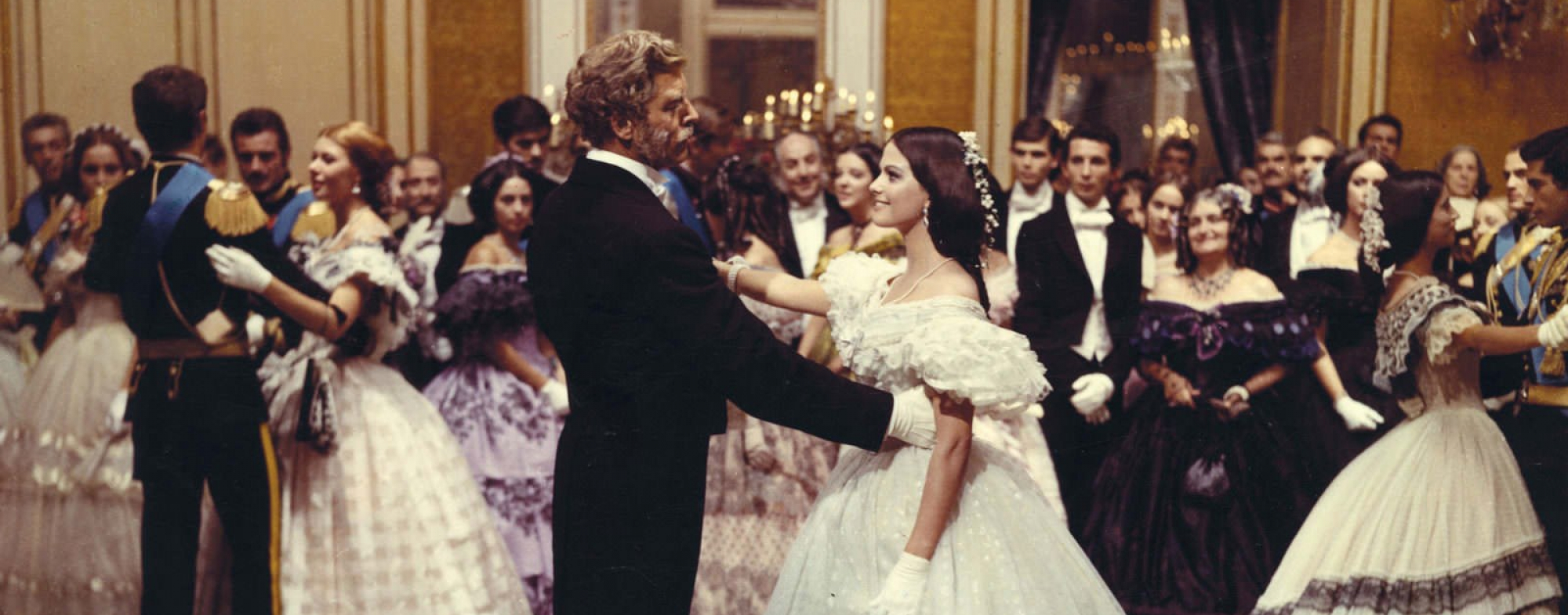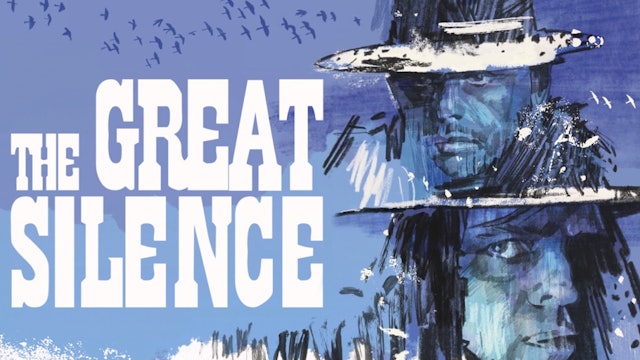Haven't done a mega-post in ages. But here goes!
Ended up watching two Bergman movies.
From the Life of the Marionettes and
The Silence.
From the Life of the Marionettes (1980) was pretty darn bad. So some guy is sexually impotent. His wife loves him but is in an open relationship to satisfy her own sexual needs. The failure to perform eventually drives him to murder since he can't get rid of the psychological guilt and depression he feels over not being able to fulfil this function. The movie presents itself as some sort of investigation into why he did it, a psychological study, basically. Unfortunately, all of this feels painfully over-dramatized and over-intellectualized. Bunch of smart-sounding words and dream-sequences and shit. It's all rather inorganic and false-ringing. So, yeah, just a psychological study that doesn't seem convincing -- and not at all interesting on any other level.
The Silence (1963) I was more ambivalent about. Having read the Wikipedia-entry beforehand, I was expecting some sort of religious movie. What I got seemed thoroughly interpersonal. A bunch of people who live in emotional isolationism, unable to connect with each other on an earnest plane (similar to the father in
Through the Glass Darkly). Either because of personal barriers or lack of a common language. This feels like the most hopeless of Bergman flicks I've seen. Both the women want to feel some sort of connection (though maybe not necessarily with each other) but are unable to. You get the impression that Anna uses sex and Esther uses academia as something to fill their emotional void. Even in the end, after Esther (assumingly) has died, Anna seems set on ignoring her sister's outreach. Mostly I'm just surprised how well the son is handling all of this. He connects with Esther and doesn't seem to suffer any trauma due to his social isolationism or the neglect of his mother (maybe that's the ray of hope in the film?)
Eh, this is one of those films that I would probably have found more impressive a decade ago. Honestly, most of my impression was. "yeah, I get it". It just doesn't do much of an impact even though the movie is fine in what it is.
While I was busy ignoring my Bergman campaign, I broke into another auteur oeuvre, Jean Renoir! Honestly, I can't think of much to say about his pictures, but here goes.
The first of his films that I saw was
The Southerner, which I suppose was a terrible mistake since from what I heard it's the most un-Renoir of all his films. Still, I liked it. Sort of a riff on Ford's
Grapes of Wrath without the politics. Going knee-deep into a rural American family during times of poverty and migration to a new home. Nailed the human feelz, and all that.
That said,
Rules of the Game was a pretty darn fantastic film. Thoroughly hilarious and thoroughly endearing. Sort-of a funny
Gosford Park but done with much more theatrical-pazzaz and forward-momentum. It's one of those films that manages to both be completely invested and sympathetic towards its characters but simultaneously critical of the underpinnings of their class. The opening was great too, but kind of feels like it belongs in another (more blatantly comedic) movie.
The last Renoir film I saw was
Boudu Saved from Drowning, which I suspect is one of those movies that has suffered terribly from the passing of time. It's basically some hobo who movies into a burgess family and sullies their urbane ordinance with his uncouth ways and ill-manners. I imagine it was quite shocking in its day. Today, it's just an unfunny and silly comedy. On a thematic level, it seems just to be some message about that you can't take the hobo out of the hobo, no matter how much culture you surround him with. Disappointing movie considering the qualities of the last two.
Double Indemnity didn't suck as much as
@Bullitt68 claims it does, but it's no top-level Noir on any level. Honestly, it didn't leave much of an impression on me. Just a fairly suspenseful and exciting crime-story involving murdering the husband of your fling. Frankly, I thought there was better chemistry between the male leads (MacMurray-Robinson) than with the Stanwyck-MacMurray romance.
A Noir that had much more of an impact on me was
Kansas City Confidential (1953). One of those really tough, hardboiled entries in the genre. In the prologue, you have the police trying to beat a false confession out of the innocent protagonist, that kind of hardboiled. What's amazing about the film is that it feels almost Leone-esque in its execution. The director has gathered together some of the striking and most shifty-looking faces in Hollywood and films them all in gritty close-ups (even got Lee Van Cleef to complete the Leone parallel!). It stumbles a bit near the ending, but definitively a hidden gem in the genre.
On the Orson Wells-front, I watched
Black Magic (1949) (where he directed some scenes uncredited). The signs of a troubled production are all over this flick. There is a lot of shoddy craftsmanship (things happening off-stage, things being explained through exposition, deus ex machina galore). But when it's good it's straight-up gleaming. You can practically see when Wells takes over the reins as a director (I love how subtly unhinged the court-scene gets when they bring out the invalid actors). Cagliostro is the sort of smarmy villian Wells is great at portraying. Nancy Guild was also great in the dual-role,
Two movies that I did not just get the greatness of:
The Bitter Tears of Petra Von Kant and
Three Colours: Red. Petra Von Kant just seemed like a tad boring character-study, about how one grows emotionally dependant on other people and all its pitfalls (attraction to youth and such). It's lack of effective drama just prevented these character to ever have a hook. Maybe I'm just too divorced from the feyness of all these gay theatre-people to really be able to connect to them (the Afro-fetishism that keeps popping up in Fassbinder's movies is also pretty disgustingly depicted). In comparison,
Three Colours: Red was much better, but I still have trouble seeing what is so special about these trilogy outside being really solid drama-pieces.
Most disappointing movie of this post was
Outlaw King. This flick had some major positives going for it in its great historical verisimilitude and immersion (something I've always craved), not just to clothing and armour but also to things like customs and rituals of Medieval life. That's where all the effort seemed to have gone to. If you ever want to see a movie where bad directing and bad acting ruins everything, then this is the picture (there is this scene where Chris Pine is at the beach and they inform him of his brother's death and he makes the most unconvincing sad-face in history). So yeah, the movie just meanders terribly and fails to garner any momentum.
A film that I thought was really good despite its flaws was
A Countess of Hong Kong (we're back in auteur-land with Chaplin now). Firstly, bullish bulldog Marlon Brando is dreadfully miscast for the role he's supposed to play. He's this upper-class diplomat but he's way to physical and gruff to embody a man of this status. The movie really needed someone who can project class and decorum (like Cary Grant). In this vein, his love-hate dichotomy with Sophia Loren just feels unsupported on his part. Loren definitively anchors the film though. Get's the classy Chaplin combination of pathos and humour going, yearning for a better life while getting stuck in slapstick comedy. Also, that moment where they just casually unveil that Brando has a wife was really damn effective.
Lastly, a few weeks ago, eminent SMC member
@Cubo de Sangre asked us what our top 5 tearjerkers of all time where. Cravenly I avoided making a list. Well, if I would make that list now, then
Once Were Warriors would definitively be on it. Damn that was a powerhouse of a movie! The combination of a domestic abuse drama and the whole Maori question of identity really resulted in a magnificently emotional film-experience. And the acting was just off-the-charts. I especially think of the main actresses blood-curling scream during the climactic moment. Scenes like that are just haunting. I've always held Rogy Ebert at a pretty low regard, but he's definitively correct when he wrote: "You don't often see acting like this in the movies. They bring the Academy Awards into perspective."
Theme is fantastic too











